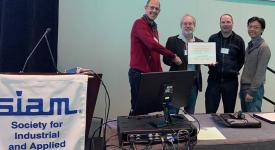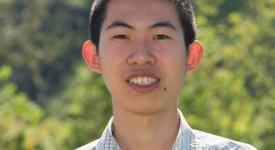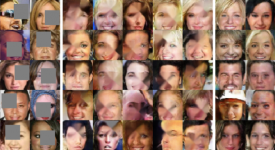New Partnership Aims to Demystify Artificial Intelligence “Black Boxes”

03/25/2020 - The promise of artificial intelligence to solve problems in drug design, discover how babies learn language, and make progress in many other areas has been stymied by the inability of humans to understand what's going on inside AI systems. Researchers at six universities, including The University of Texas at Austin, are launching a partnership aimed at turning these AI "black boxes" into human-interpretable computer code, allowing them to solve hitherto unsolvable problems.











